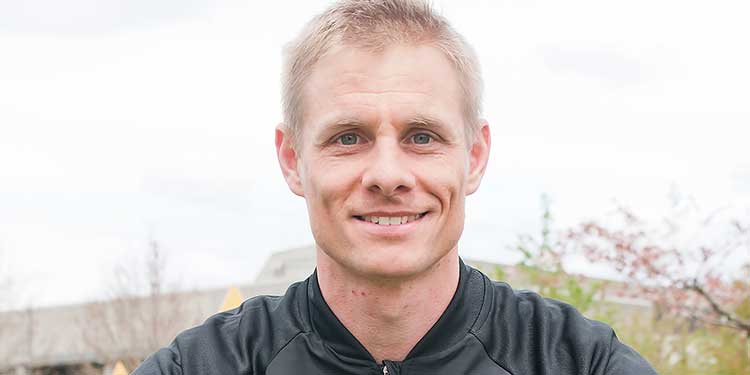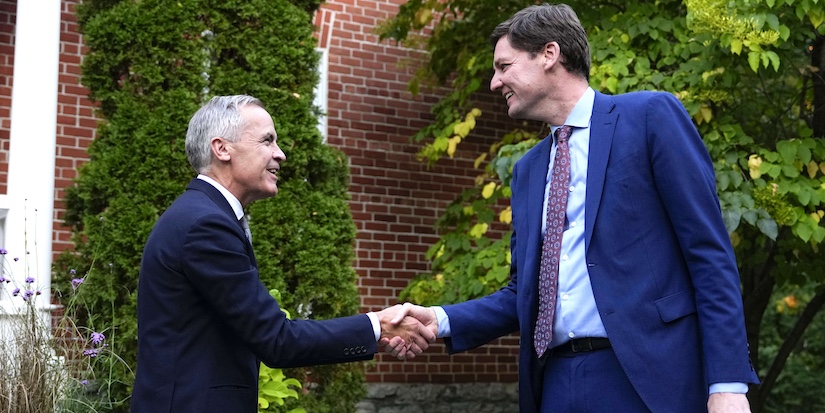Business
Motivating the masses
He played and coached professionally in
Europe and won a pair of high school championships in his native Czech
Republic.
But for Martin Bittengl, nothing tops trying
to help young soccer players realize their potential.
“The ages between eight and 13 are the golden
age of sport basically,” says the head of the Richmond-based soccer school that
bears his name.
“Any kinesiology or sport science degree will
tell you that,” Bittengl says. “If you’re talking about speed for example, the
best time to develop that is eight to 13. That’s when you’ll realize the
biggest improvement. You still need to work on it when you’re older, but you’re
not going to get faster past 18. That’s the peak.”
Bittengl says it’s the same for technical
abilities. He says if a player is unable to control the ball at the eight- to
13-year-old age group it’s unlikely they’ll ever reach the highest level
possible.
“One thing that is very important to mention,
and I’ve seen it Europe as well as here, is that there are many very good
players, skilled, strong and fast, but they don’t think the game well,” he
says. “They don’t the understand the play because they lack vision and their
mental toughness is weak. You can have all the tools but unless you incorporate
the mental part of the game, the thinking process, you can never play at the
highest level.”
Borrowing from both his extensive experience
in the game and education (he holds a Union of European Football Associations “A”
licence as well as masters degrees in both physical education, sport science
and psychology from the University of West Bohemia and in physical education
and sport from Charles University in Prague), Bittengl clearly takes a thinking
man’s approach to teaching the “beautiful game.”
“(The idea is to) challenge the players not
only physically but also mentally,” he explains. “Most of the time during a
game there is some kind of decision making—for example, after playing a ball,
you’re running to the left or right. Or you need to receive it on that side.”
Taught that more than 50 per cent of any
performance is mental, Bittengl says the ultimate goal is to instill confidence
in the player.
“Let’s say you have a game or session and you’re
scared to receive the ball because you don’t want to lose it,” he says.
“That’s thinking wrong. When you’re afraid it
drags you down mentally when you need to be confident. But it’s not easy to
build confidence and that’s why it’s a written rule when you’re coaching young
players to tell them three times to one they’re doing a good job and then
correcting their mistake.”
This type of psychology has long been used in
Europe, starting on a regular basis during the early teenage years, Bittengl
says. But, he adds, not only is it good for players to expand their mental
understanding but coaches as well. It took him about 10 years to complete his
studies, but Bittengl stresses he never stops learning.






























